

Dry Mouth




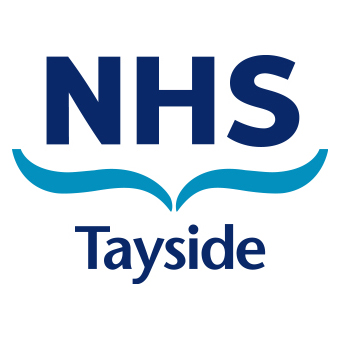

Dry Mouth
Choose soft foods and add sauces to main meals and desserts. This can make eating with a dry mouth easier.
A dry mouth can occur as a result of cancer treatment, causing a change to saliva production, or medication you are taking. Some mouth infections can also lead to a dry mouth.
This can make chewing and swallowing more difficult and cause changes to your taste making food and drinks less enjoyable. It can also worsen mouth soreness.
Choosing soft foods and adding a sauce to main meals or desserts can help break foods down which can make chewing and swallowing them easier.
Tips you may find helpful when you have a dry mouth
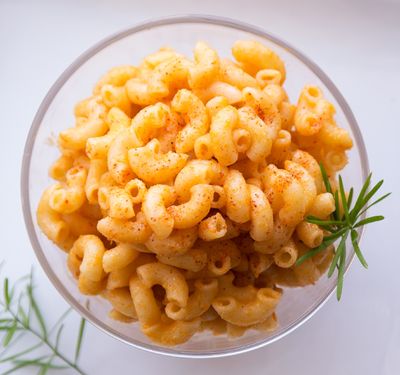
Choose soft foods
- Cereal soaked in warm milk
- Yoghurt and mashed banana
- Macaroni cheese
- Spaghetti bolognaise
- Casserole/stew/curries/stovies
- Poached fish
- Soup/broth
- Rice dishes/congee
- Panna cotta
- Rice pudding
- Semolina
For more information on soft foods click here.
If you take tinned fruit, choose varieties in natural juice rather than syrup. The syrup can worsen dryness.
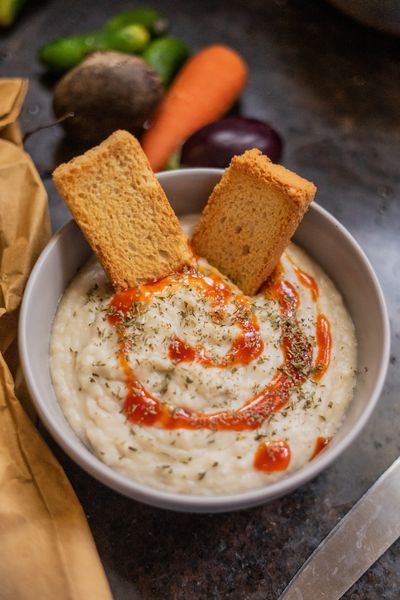
Add a sauce, condiment or dip to foods
- Gravy
- Cheese sauce with cauliflower, other vegetables or fish
- Chopped tomatoes or passata with pasta or rice dishes
- Cranberry or mint sauce with meat, fish or vegetables
- Hummus, guacamole or salsa can be taken with soft vegetable sticks i.e. cucumber, pepper, breadsticks or corn-based crisps i.e. quavers, chipsticks, skips, wotsits, cheese puffs, potato sticks
- Cream, crème fraiche
- Yoghurt sauce
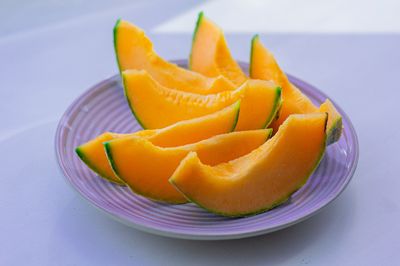
Try skinned, skinless or well-cooked fruits or vegetables as part of a meal or snack
- Sweet potato or yam
- Carrot, butternut squash or turnip
- Brocolli or cauliflower
- Tomatoes
- Pear, peach, melon or mango
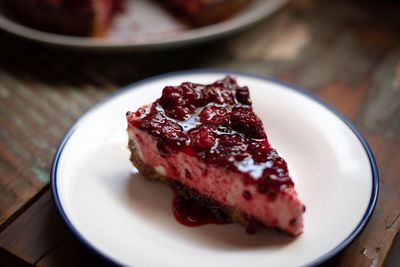
Choose soft desserts to have after a main meal or as a snack
- Yoghurt
- Mousse
- Rice pudding
- Semolina
- Trifle
- Jelly
- Milky puddings
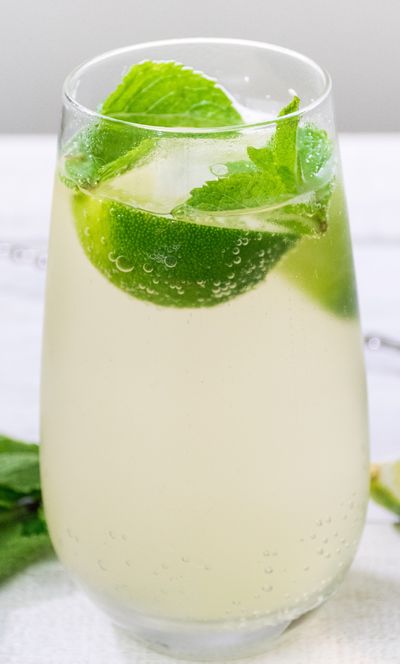
Sip cool fluids
Take sips of fluid between mouthfuls of food and thicker drinks, such as milk, to clear any coating left in the mouth

Suck on foods that encourage saliva production
- Sugar-free boiled sweets
- Mints
- Sugar-free chewing gum
- Ice chips, ice cubes, or ice lollies
Note: if you are receiving a chemotherapy medication called oxaliplatin be mindful that this can cause cold sensitivity - avoid very cold food and drinks
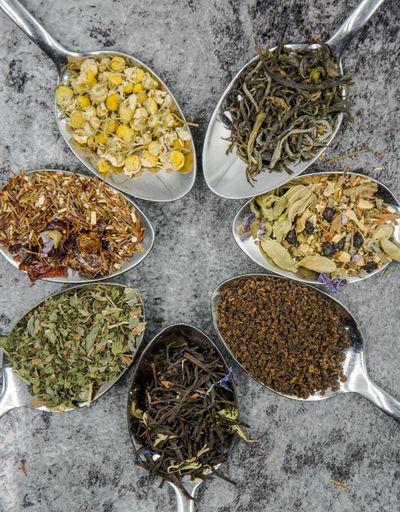
Limit foods that can stick to the mouth and worsen mouth dryness
- Salt added in cooking or onto meals before eating - try herbs instead
- Pastry
- Nut butter
- Chocolate

Avoid smoking

Medication
If you have been prescribed mouthwash, artificial saliva spray or gel you should continue to take these as prescribed.
Speak to your healthcare team if you do not have any medication to treat your dry mouth. They may be able to offer medication that can help.
Check your mouth regularly and let your healthcare team know if you notice any changes.
